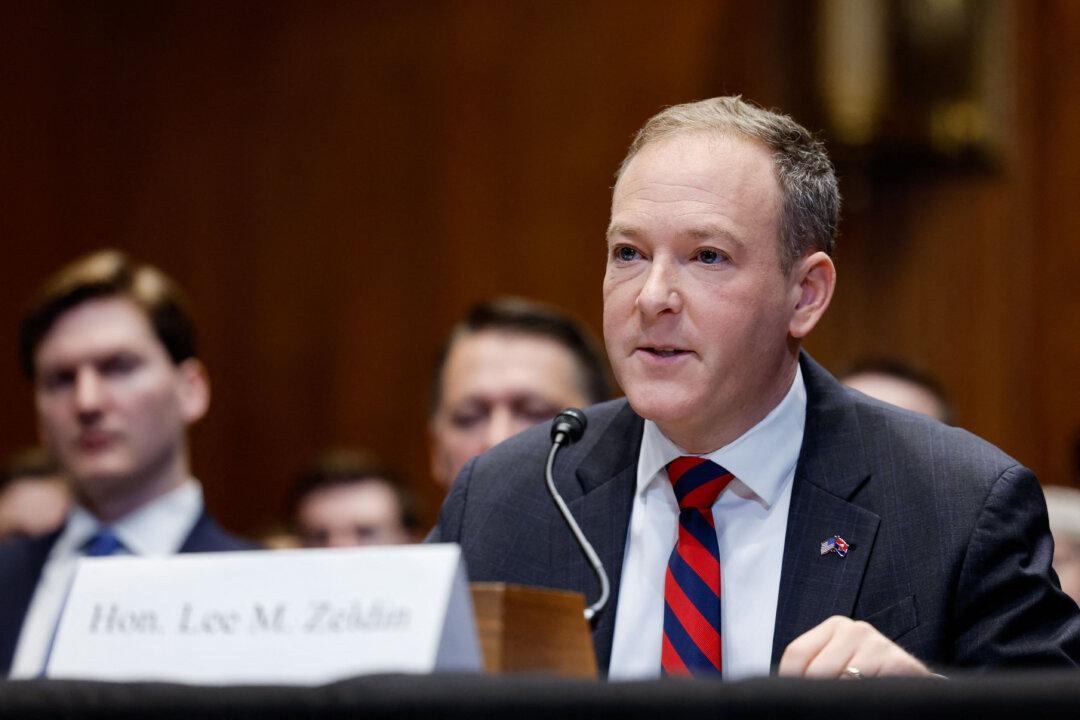WASHINGTON—Lee Zeldin, President-elect Donald Trump’s pick to lead the Environmental Protection Agency, testified on Jan. 16 before senators on the Committee on Environment and Public Works.
Although lawmakers challenged the former New York congressman on some financial controversies, the first round of questioning on Jan. 16 was relatively friendly. Lawmakers on both sides of the aisle noted that Zeldin had met with them ahead of the hearing.





